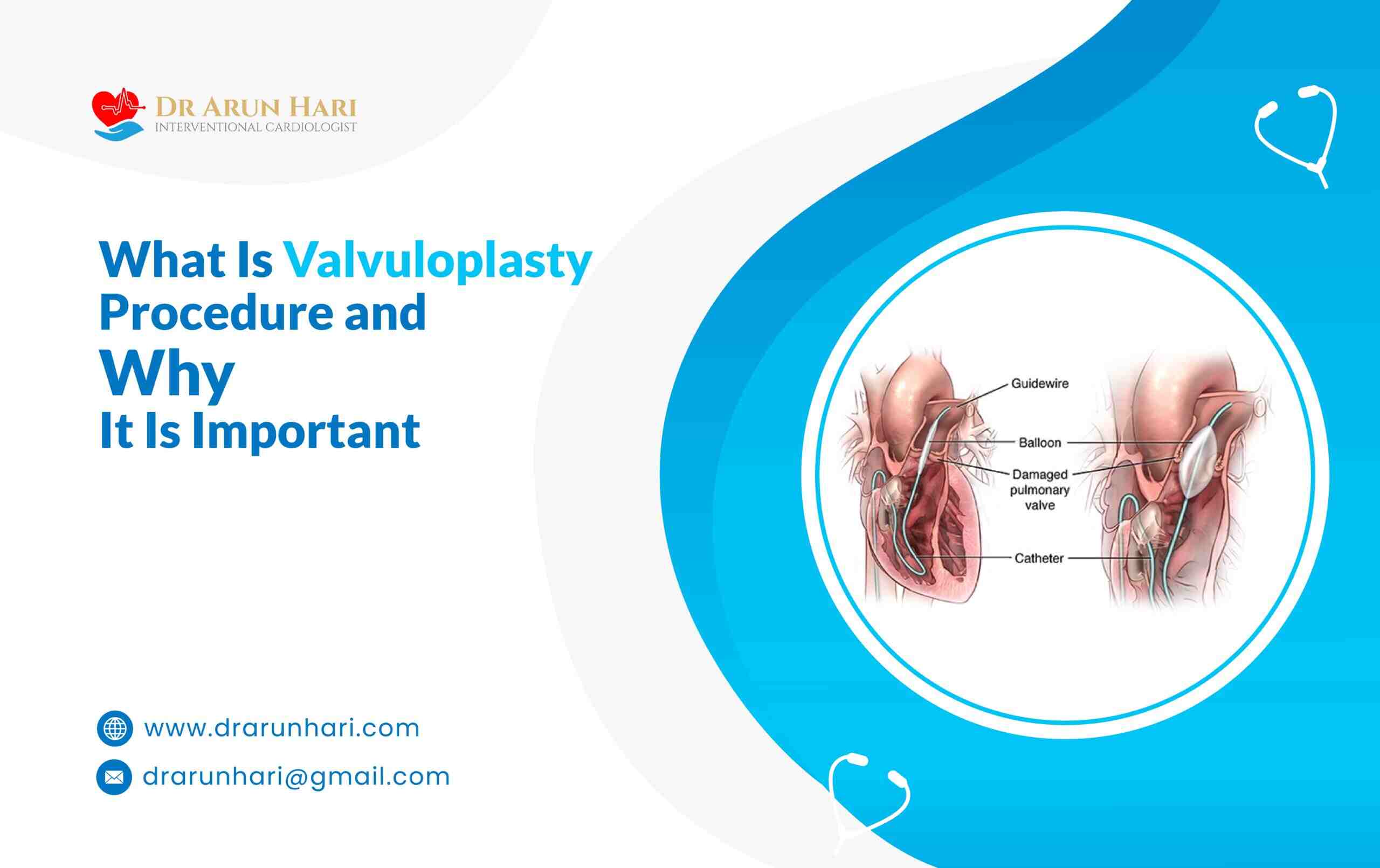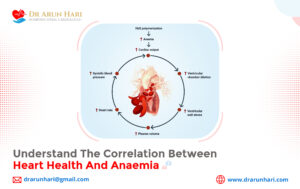What Are The Different Types Of Valve Issues That Can Be Treated Using A Valvuloplasty?
What Are The Symptoms Associated With Valvular Heart Disease?
A valvuloplasty procedure is a type of surgery. Surgeons use it to repair or improve the function of a heart valve. The heart has four valves, and each one plays an important role in ensuring that blood flows through the heart in the proper direction. When one of these valves becomes damaged or defective, it can cause problems with blood flow and may lead to heart failure. That is when your cardiologist will recommend you to undergo a valvuloplasty procedure.
Why Is It Needed?
Surgeons use this procedure for widening the valve. This is done to improve the blood flow passing through it. They utilize a balloon for it. They pass the balloon through a catheter inserted in the groin region towards the heart. It is an important cardiac procedure. This is because it is seen extremely helpful for patients having heart valve problems. This way they improve their overall quality of life. Doctors use this cardiac procedure to treat various types of valve issues. Such problems include narrowing or stiffness of the aortic, tricuspid, mitral, and/or pulmonary valves and/or leaky valves.
Different Types Of Valve Issues Where Valvuloplasty Helps
There are four major heart valves that operate in order to properly manage and direct the blood flow inside our heart chambers and also towards our arteries and veins. The opening and closing of these valves during each cardiac cycle, i.e., one complete heartbeat pushes the blood present inside our heart chambers towards the major coronary arteries and veins. In any condition where you find any of the valves to be malfunctioning or disrupting the cyclic rhythm, then valvuloplasty surgery becomes necessary. One can treat the following valve conditions of narrowing or stenosis using a valvuloplasty surgery.
- Aortic valve stenosis.
- Mitral valve stenosis.
- Tricuspid valve stenosis.
- Pulmonary valve stenosis.
Symptoms
There are a variety of symptoms that can be indicative of a heart valve disease. If you experience any of the following, it is important to consult with an experienced cardiologist to determine if you have a valve issue:
- Shortness of breath: Fluid buildup in the lungs due to heart failure often causes this.
- Chest pain: The heart having to work harder to pump blood through a narrowed valve can cause this.
- Swelling in the legs and feet: Fluid retention typically causes this and is a common symptom of heart failure.
- Irregular heartbeat: Irregular valve that is not opening and closing properly can cause this.
- Fatigue: The heart not pumping enough blood as efficiently as it should can cause this.
Dr. Arun Can Ensure Highly Safe Valvuloplasty!
If unfortunately you are experiencing any of these above-listed symptoms, it is important to see a qualified doctor or a cardiac specialist such as Dr. Arun to determine if you have a heart valve disease. In some cases, valvuloplasty, or surgery to repair the valve, may be necessary, and he is an expert in this domain with great experience and proven track record.






